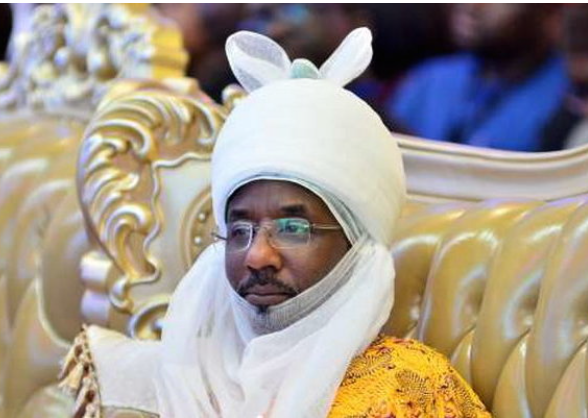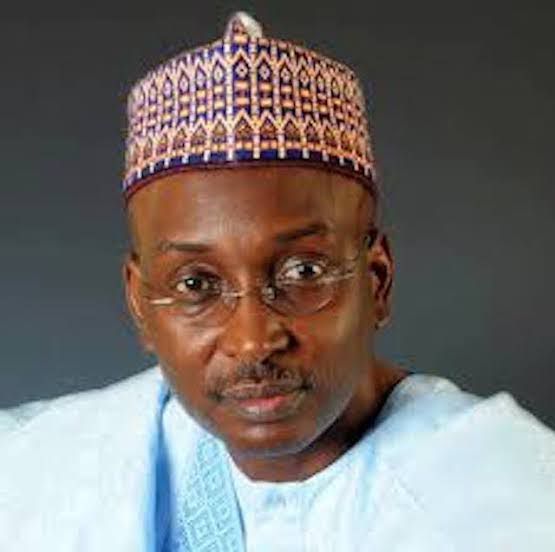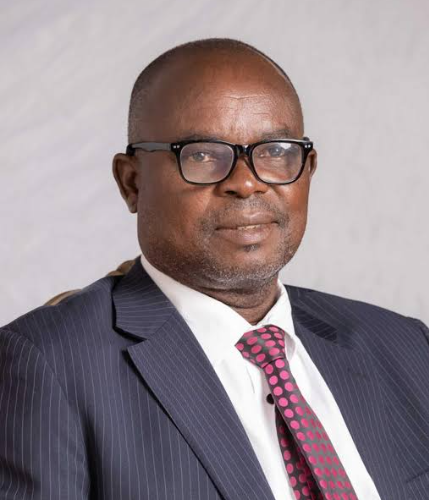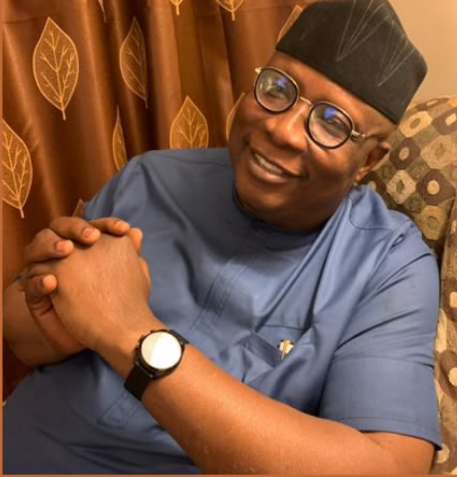By Victor Itodo Abuh
IN A surprising turn of events, Muhammad Sanusi II was reinstated as the Emir of Kano, a position he was controversially dethroned from in March 2020. This reinstatement marks a significant moment in Kano’s political and cultural history, underscoring the dynamic interplay between traditional authority and modern political power in Nigeria.
Sanusi’s initial reign as Emir of Kano began in 2014 when he was appointed by then-Governor Rabiu Kwankwaso. Known for his outspoken nature and reformist views, Sanusi’s tenure was marked by his advocacy for social and economic reforms. However, his vocal criticism of government policies often put him at odds with political leaders, particularly with Governor Abdullahi Ganduje, who eventually deposed him in 2020, citing insubordination and political interference.
The path to Sanusi’s reinstatement began with the recent political changes in Kano. Governor Abba Yusuf, a political ally of Kwankwaso, played a pivotal role in reversing the actions taken by Ganduje. The Kano State House of Assembly passed a resolution to dismantle the four new emirates created under Ganduje’s administration and restored the traditional emirate system, paving the way for Sanusi’s return.
Governor Yusuf officially announced Sanusi’s reinstatement during a ceremonial event at the Kano Government House. This decision was met with widespread reactions, reflecting both the enduring influence of traditional institutions in Nigeria and the complex dynamics of political power in the region.
Sanusi’s return to the throne is more than a personal victory; it symbolizes a broader struggle for the preservation of traditional authority and the role of Emirs in modern Nigeria. His reinstatement may inspire renewed discussions on the balance between tradition and modernity, and the role of traditional leaders in governance and social reform.
The reinstatement also reflects the shifting political landscape in Kano and Nigeria at large. It underscores how political alliances and changes in leadership can dramatically alter the status quo, affecting both traditional institutions and the broader governance framework.
As Muhammad Sanusi II resumes his role as Emir of Kano, all eyes will be on how he navigates this second tenure. Will he continue his reformist agenda? How will he manage his relationship with the political class? These questions will shape not only the future of Kano but potentially influence the broader discourse on traditional authority in Nigeria.
Sanusi’s reinstatement is a powerful reminder of the resilience of traditional institutions and their ability to adapt and persist in the face of modern political challenges. It marks a new chapter in Kano’s storied history, one that promises to be as dynamic and influential as the ones before it.
Victor Itodo Abuh, a young columnist writes in from Lagos, victorabuh84@gmail.com
At JKNewsMedia, our dedication to delivering reliable news and insightful information to our cherished readers remains unwavering. Every day, we strive to provide you with top-notch content that informs and enlightens. By donating to JKNewsMedia, you directly contribute to our mission of delivering quality journalism that empowers and informs. Your support fuels our commitment to bringing you the latest updates and in-depth analysis. Let's continue to uphold the highest standards of journalism and serve our community with integrity and dedication. Thank you for being a part of the JKNewsMedia family and for your ongoing support.





